As technology allows new threats to evolve, the options for fielding a robust missile defense to protect the U.S. homeland, our deployed forces and allies also continue to broaden. Approaches thought to be unfeasible decades ago are quickly becoming possible and even practical. While some initiatives look to harness revolutionary technologies such as directed energy, others move to enhance currently deployed systems with existing technology.
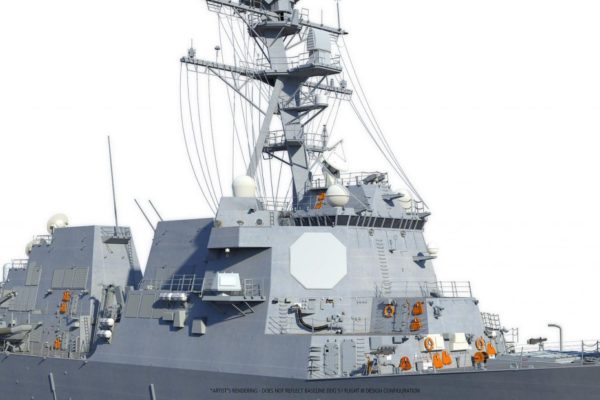
Facts Mobility Sea-based and is highly mobile Role Planned to replace AN/SPY-1 as the primary radar for the Aegis Combat
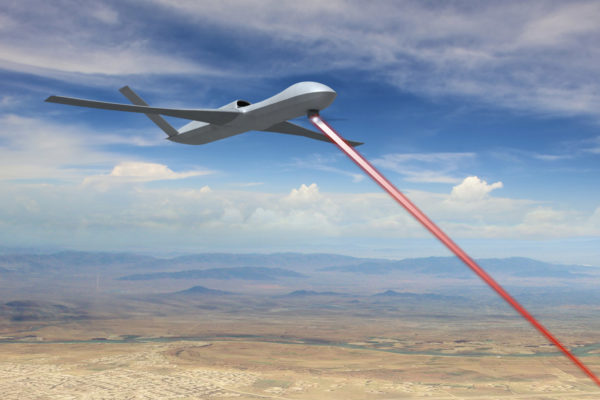
Boost phase missile defense entails the destruction of an enemy missile during the earliest stages of its flight, while it
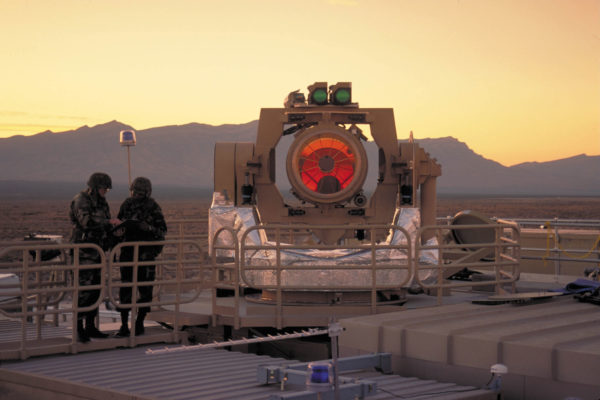
Overview Directed energy weapons stand as a potentially tremendous development for any missile defense system, both in their own right
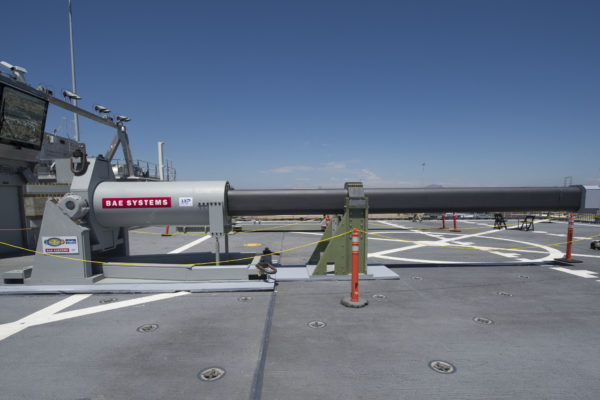
Facts Mobility Ship-mounted and highly mobile Range ~100 nautical miles Speed Up to Mach 6 Role Provide Naval ships with
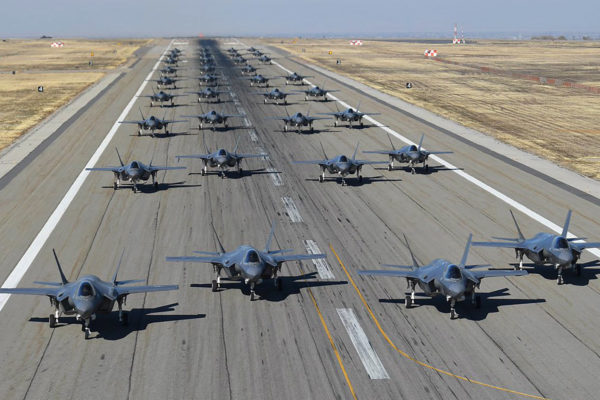
Quick Facts Contractor Lockheed Martin Unit Cost F-35A: $89.2 Million F-35B: $ 115.5 Million F-35C: $107.7 Million Cruise Speed 1,200
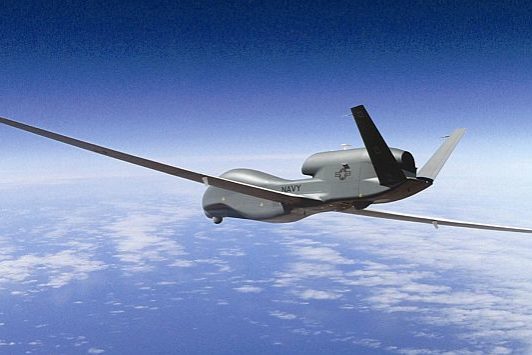
Quick Facts Contractor Northrop Grumman and Raytheon Unit Cost $104 million Cruise Speed 357 mph Range 14,150 miles Maximum Altitude
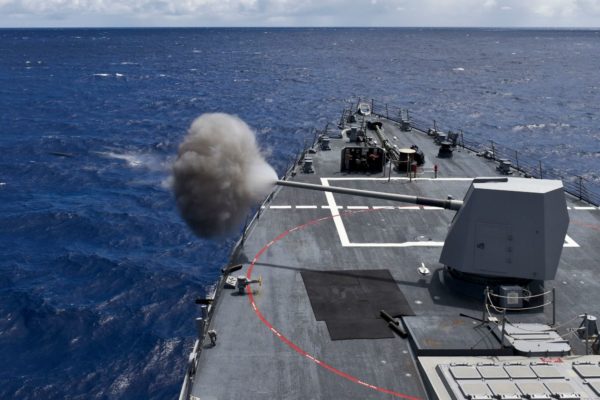
Quick Facts Mobility Can be mounted on Paladin, Howitzer-type weapon or Navy ship Range 30 nautical miles[1] Role Provide ground
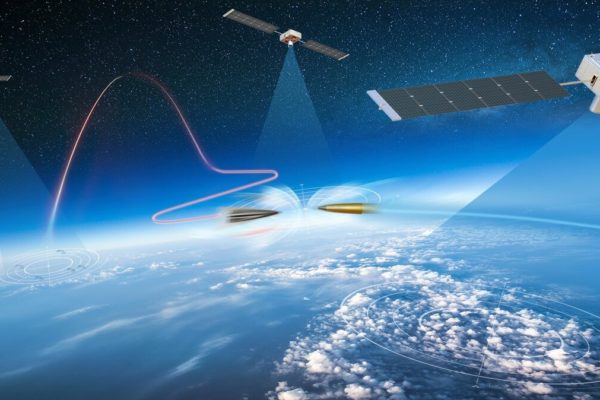
As a part of the 2019 Missile Defense Review (MDR), the Trump Administration called for studies into space-based sensor systems.
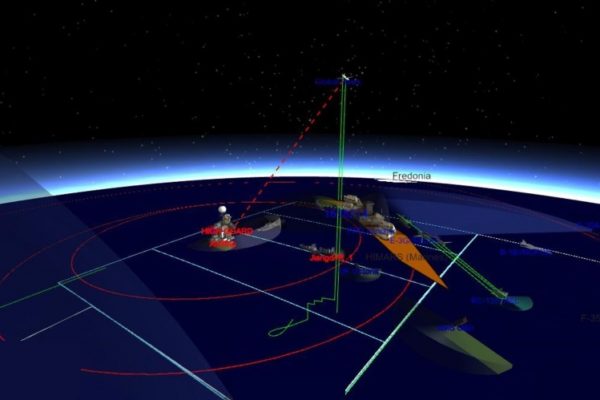
The Joint All-Domain Command & Control (JADC2) is the initiative to replace the current domain and control systems with one
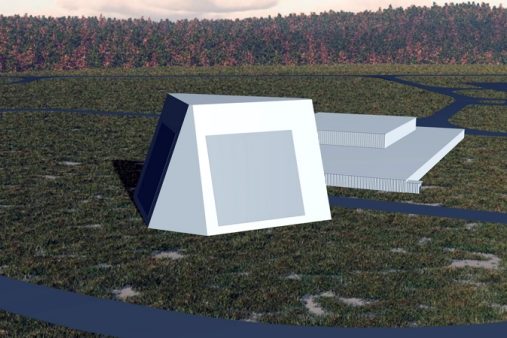
Overview In October 2015, Lockheed Martin won a quarter-billion-dollar ballistic missile defense contract to build and operate a solid-state long-range
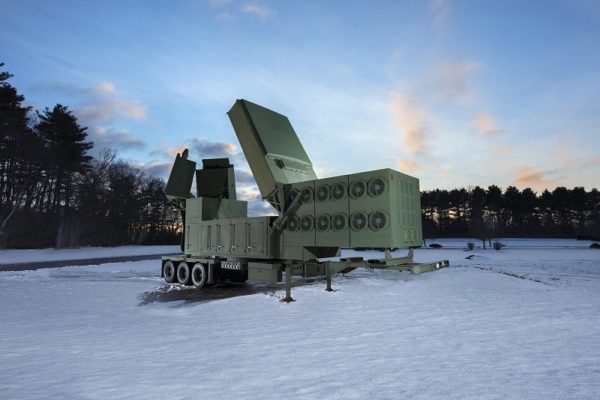
Quick Facts Role and Mobility Expeditionary; towed, road-mobile; fits in C-17 Frequency C-band for primary mission; Dual-frequency X- & S-band
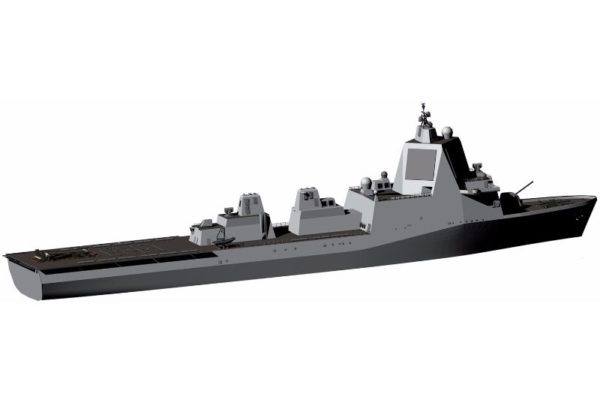
The LPD Based Ballistic Missile Defense Ship (BMD Ship) is a conceptual naval ship design with proven pedigree and potential applications for
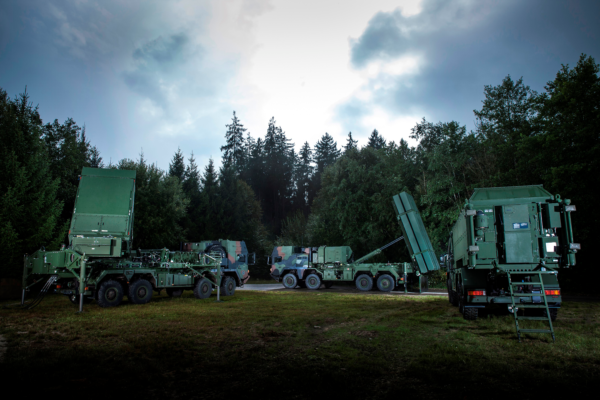
Facts Mobility Highly mobile Role Protect against tactical or medium-range ballistic missiles, cruise missiles, unmanned aerial vehicles, and aircraft Frequency
Overview The Medium-Range Discrimination Radar (MRDR) is a proposed sensor system and component of layered Ballistic Missile Defense System (BMDS)
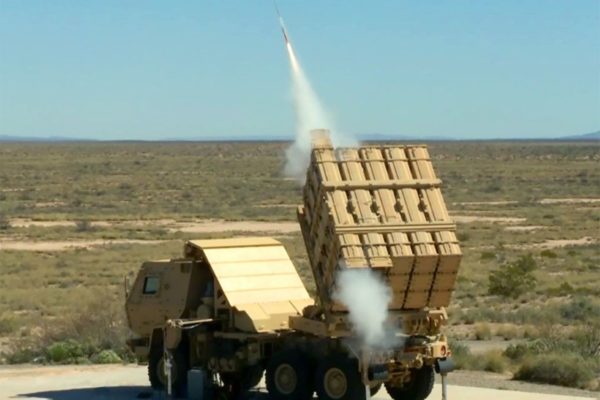
Quick Facts Mobility Road-mobile; Mounted atop a medium tactical truck Targets Unmanned aircraft systems (UAS), cruise missiles, rockets, artillery, and
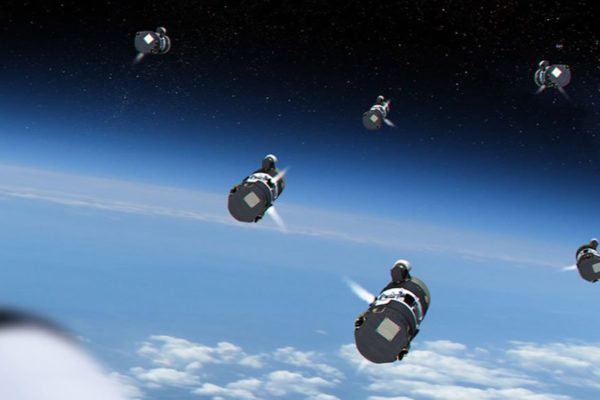
Overview The Multi-Object Kill Vehicle (MOKV) system allows more than one kill vehicle to be launched from a single booster.
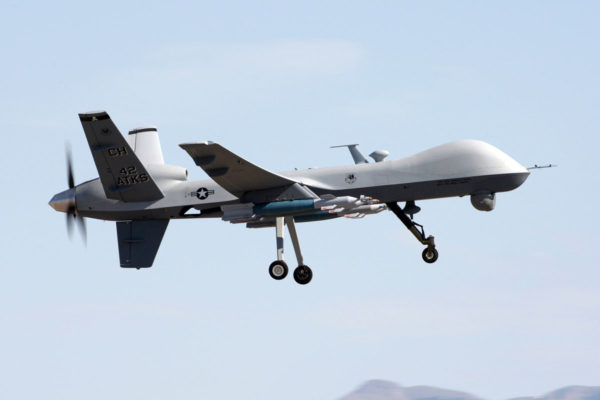
Quick Facts Contractor General Atomics Aeronautical Systems Unit Cost $64.2 million Cruise Speed ~230mph Range 1,150 miles Maximum Altitude 50,000
